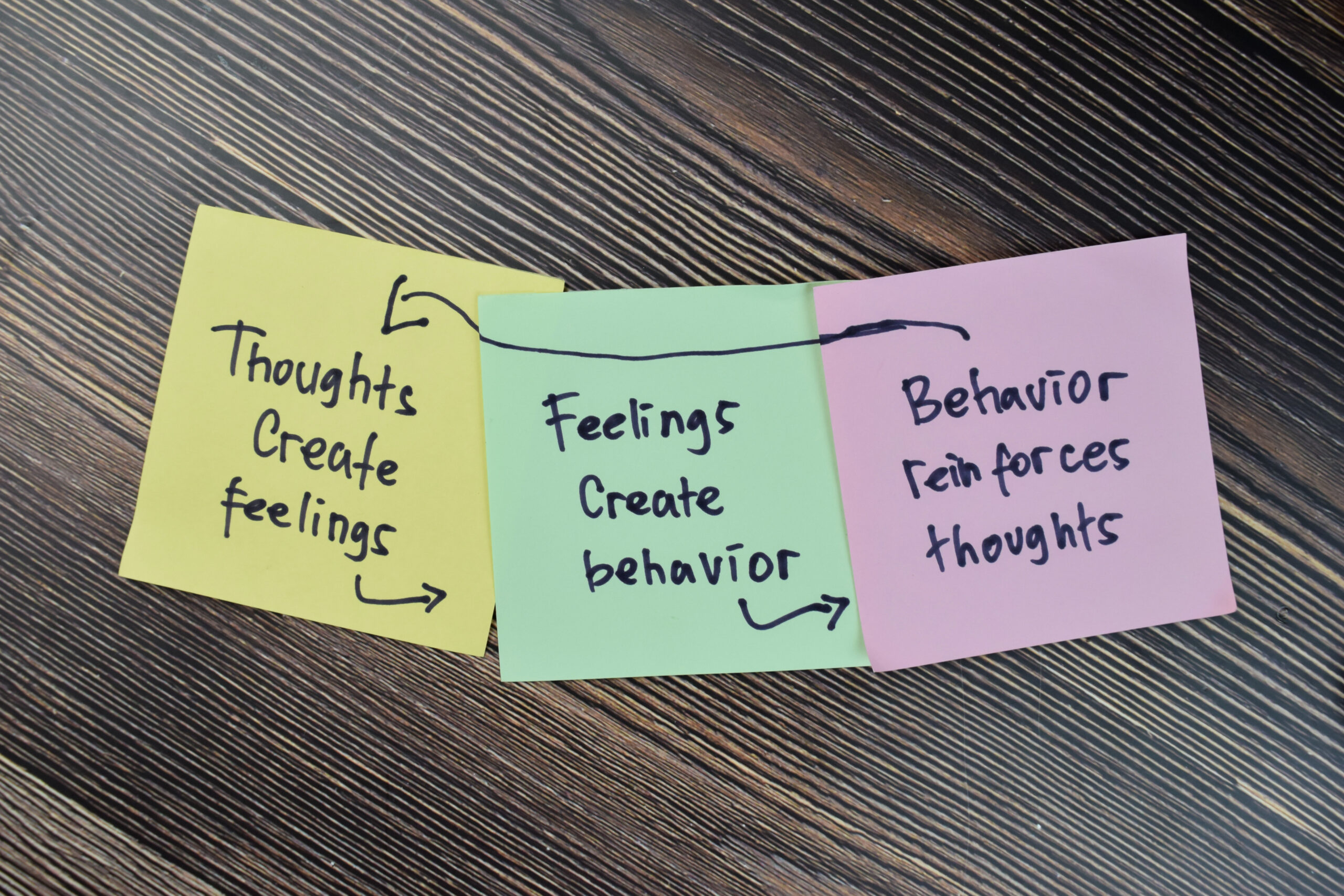Anxiety disorders affect millions of people worldwide, making it one of the most common mental health challenges of our time. While experiencing occasional anxiety is a normal part of life, persistent and overwhelming anxiety can have a significant impact on daily functioning and overall well-being. Fortunately, there are effective therapeutic approaches available to help manage and alleviate anxiety symptoms. One such approach is
Cognitive Behavioral Therapy (CBT). In this blog post, we will explore how Cognitive Behavioral Therapy works and how it can be beneficial in treating anxiety.
Understanding Cognitive Behavioral Therapy (CBT):
Cognitive Behavioral Therapy is a goal-oriented, evidence-based form of psychotherapy that focuses on the connection between thoughts, feelings, and behaviors. It operates on the principle that our thoughts and beliefs influence our emotions and behaviors, and by changing our thoughts, we can create positive changes in our emotional and behavioral responses. CBT is a collaborative process between the therapist and client, emphasizing active participation, skill-building, and self-reflection.
Identifying and Restructuring Negative Thought Patterns:
One of the key components of CBT is identifying and
restructuring negative thought patterns that contribute to anxiety. Often, individuals with anxiety tend to have automatic negative thoughts and distorted thinking patterns. CBT helps individuals become aware of these thoughts and challenges their accuracy and validity. Through techniques such as cognitive restructuring, individuals learn to replace irrational thoughts with more rational and realistic ones. This process empowers individuals to regain control over their thoughts and reduce anxiety-provoking cognitive patterns.
Developing Coping Strategies and Skills:
CBT equips individuals with practical coping strategies and skills to manage anxiety symptoms. Therapists teach relaxation techniques, such as
deep breathing exercises and progressive muscle relaxation, to help individuals reduce physiological symptoms of anxiety. Additionally, individuals learn problem-solving skills, stress management techniques, and effective communication strategies to better navigate anxiety-inducing situations. These skills empower individuals to confront and manage anxiety in their everyday lives.
Exposure and Desensitization:
Exposure therapy is another vital component of CBT for anxiety. This technique involves gradually exposing individuals to anxiety-provoking situations or triggers in a safe and controlled manner. The goal is to reduce the fear and avoidance associated with these situations, allowing individuals to build resilience and overcome anxiety. Through repeated exposure, individuals learn that their anxiety diminishes over time, helping them regain a sense of control and confidence.
Addressing Core Beliefs and Core Assumptions:
CBT delves deeper into the underlying core beliefs and core assumptions that contribute to anxiety. These beliefs are often deeply ingrained and can perpetuate anxiety symptoms. By examining and challenging these beliefs, individuals gain insight into their origin and validity. Therapists guide individuals in reframing negative core beliefs and replacing them with more adaptive and positive ones. This process helps individuals develop a healthier and more balanced perspective, reducing anxiety and improving overall well-being.
Long-Term Relapse Prevention:
CBT not only focuses on symptom reduction but also emphasizes long-term relapse prevention. Through therapy, individuals learn skills and strategies that can be applied beyond the therapy session. They develop a toolbox of techniques to manage anxiety in real-life situations. By equipping individuals with these skills, CBT promotes self-reliance and empowers them to sustain their progress even after therapy has concluded.
Cognitive Behavioral Therapy (CBT) offers a highly effective and evidence-based approach to managing and overcoming anxiety. By addressing negative thought patterns, developing coping skills, engaging in exposure-based techniques, and challenging core beliefs, CBT helps individuals regain control over their anxiety. It provides practical tools and strategies that individuals can utilize in their daily lives to manage anxiety symptoms and prevent relapse.




